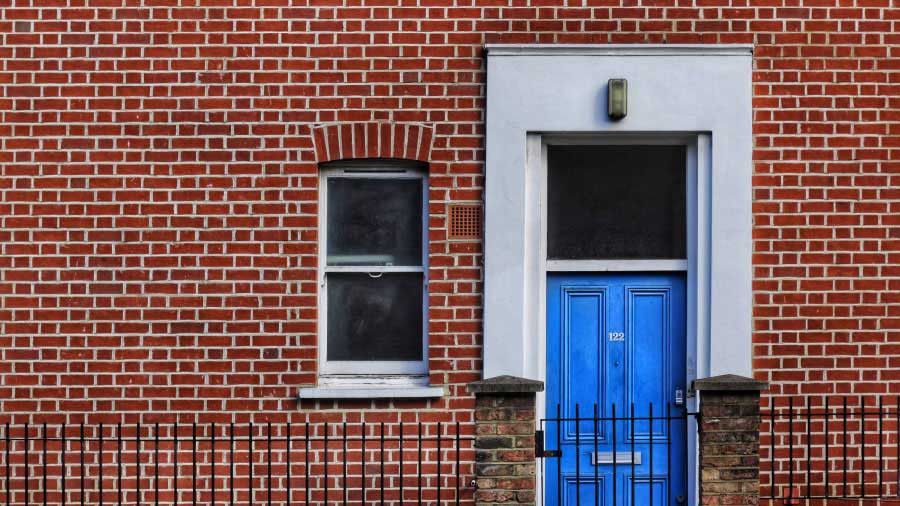Are you one of the new breed of small entrepreneurs who is taking advantage of online platforms like AirBnB to rent out your property? If so, there are tax deductions for your AirBnB or short-term rental that you should be aware of. These deductions will help reduce your taxable income.

Don’t Forget These Tax Deductions for Your AirBnB or Other Short-Term Rental
Gross Income Versus Net Income
In order to declare the correct amount of income, you need to make the distinction between gross income and net income. In a nutshell, gross income is all of the money you receive from your guests or, in other words, your total sales. Net income is what is left over from your sales once you have deducted all of the expenses that the law allows. Your net income is what you actually pay taxes on.
As a rule, you are allowed to deduct all of the expenses you incur to earn your income. If you purchase an item solely for the purpose of using it in your rental business, you can deduct the entire cost of it. If you use it partly in the rental business and partly in your personal space in the building, then you need to separate out the personal portion from the business portion and deduct only the business portion. For example, think of your power bill. Part of the electricity is used for your personal space in the building, but part of it is used by your guests, and that portion is deductible.
Figuring out the right portion to assign to personal use and to business use can be tricky. Basically, you need to come up with a reasonable method of calculation and apply it consistently over the years. Elements to take into consideration are the part of the home you use for business versus personal space, often calculated by square footage as well as the number of days in a year where the space is available for rent. If you’re unsure of the math in your case, it might be a good idea to consult a tax professional in the first year to start off on the right foot.
Current Expenses and Capital Expenses
The second distinction that you need to understand in order to deduct the correct amounts from your gross income is current versus capital expenses. A current expense is when you buy an item to use it immediately in your rental business and it's fully used in the year it's bought. Soap for guests, linens, and cleaning services are all obvious examples. Some more subtle ones are your accounting and legal fees, any permits that you pay for, and advertising costs. While these last ones don’t relate directly to your guests, they are certainly directly incurred to earn income from your business.
Capital expenses are a little trickier. Essentially, if you buy something, like furniture, that is meant to last several years, then you can’t deduct the whole price in the current year. Instead, you need to deduct a percentage of the cost over a number of years. This is the process called amortization. The same goes for any renovations you make to the building. Unless you’re dealing with minor repairs, you need to deduct renovations over a period of time. The exact amortization is determined by the law, so you may wish to consult a professional early on to get off on the right track.
Remember to keep all of your receipts. You may be required to demonstrate to the Canada Revenue Agency that you did indeed incur the expenses you are trying to deduct.
What You Need to Know About Airbnb’s Agreement to Collect Taxes in British Columbia
The intersection between e-commerce sites and sales tax has long been a sticky issue. Traditionally, many e-commerce sites simply didn’t bother assessing sales tax, and to date, Airbnb has been one of those sites. A 2018 deal between the vacation rental site and the government of British Columbia promises to change that pattern, and if you have clients who report income from this site, you need to understand what’s happening.
Provincial Sales Tax and Airbnb
This agreement represents the first time Airbnb has agreed to pay PST. In Quebec, the site pays tax, but it’s not strictly Quebec sales tax. Rather, it’s a special 3.5% Airbnb tax. In contrast, in British Columbia, the site is going to assess 8% PST plus up to 3% for local and municipal sales taxes. Normally, in British Columbia, the PST is only 7%, but for accommodations, the rate is slightly higher at 8%.
The Purpose of the Tax
According to the provincial government, this tax is designed to create a more equal playing field between hoteliers and owners of short-term rentals. Prior to the agreement, travellers who stayed in hotels had to pay the 8% PST on their room rates, while tourists who choose accommodations from Airbnb were saved that expense.
Additionally, the tax is designed to improve affordable housing and boost the tourism market. The province expects to collect about $16 million per year from the 8% tax, and all of that is earmarked for affordable housing. All funds generated from the 3% local sales tax go toward tourism.
What Your Clients Need to Know
If you represent one of the 18,000 B.C. residents who rent out properties on Airbnb, you may want to prepare for their questions or concerns. Luckily, you can assure your clients they don’t have to worry about much. The tax is being assessed and collected by Airbnb.
That said, your clients may want to think about the potential implications the new tax has for their guests. To explain, say, your clients charge $300 a night for a rental in Vancouver. If the site charges 11% in PST and municipal taxes, that increases the rate to $333. Luckily, the increase isn't that much, but it may encourage some travelers to look for alternatives.
To prepare for that shift, your clients may want to lower their prices and absorb the tax, or they may want to try another site for short-term rentals. But if they take that route, they should be aware of the differences between sites. For instance, while Airbnb lets people list rooms in a home or apartment, VRBO only lets them list standalone rentals such as whole houses or condos. Even more importantly, these sites are likely to start assessing sales taxes as well; the province is working on similar agreements.
Additional Rules and Considerations
The new sales tax on these rentals is just one of several regulations your clients should understand. They also have to report their income to the Canada Revenue Agency, and they should know relevant local rules. As part of this agreement, the province has maintained that cities can still regulate short-term rentals in other ways.


